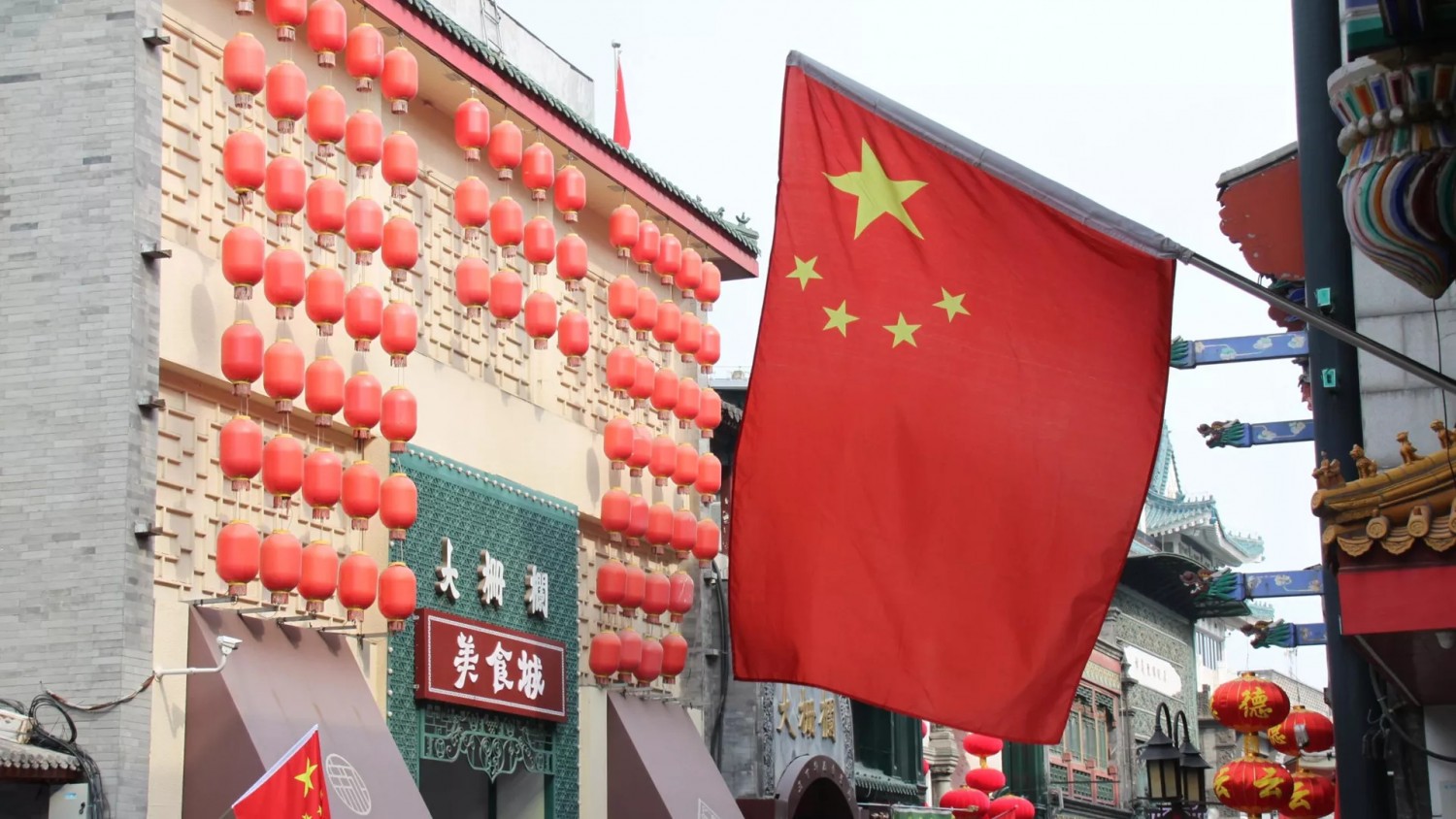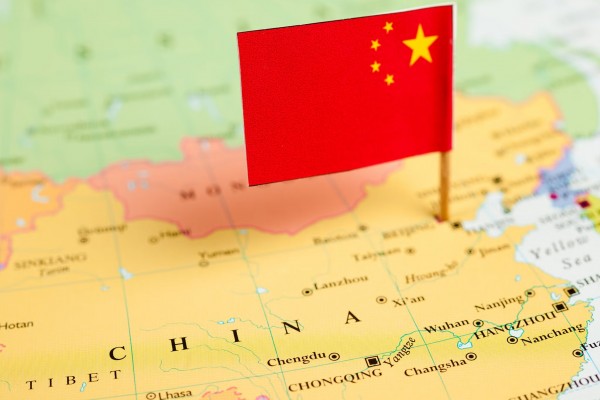Review № 22 of Chinese Antitrust News from the Experts of the BRICS Competition Centre
- Premier of the State Council met with digital companies
- NDRC supported 10 big tech investment projects
- Temporary Methods for Regulating Generative AI Systems Published
- Large Language Model Standards Working Group
- Socialist attitudes in market regulation
- "We-media" regulation rules
- WeChat Won't Appear at Australian 'Political Interference' Hearing
- US presidential candidate intends to strip China of PNTR status
Premier of the State Council met with digital companies
State Council Premier Li Qiang held a meeting with representatives of China's largest digital platforms (Alibaba Cloud, Meituan, Xiaohongshu, Douyin, JD.com, Pinduoduo, etc.), where he heard suggestions on how best to promote the regulated and healthy development of the platform economy. He also set a task for government bodies: to develop fair competition, improve the policy of investment access to the market and the safety assessment of new technologies, and reduce the costs of complying with standards and rules for business. He also demanded the creation of a permanent channel for the authorities to interact with digital platforms.
Source: Сaijing
NDRC supported 10 big tech investment projects
The National Development and Reform Committee (NDRC) noted 10 "exemplary" investment cases of digital platforms: these are the projects of the largest technology companies Alibaba, Tencent and Meituan to invest in the production of microchips, unmanned control, new energy, agriculture and other sectors of national priority. In this way, "bigtech" has contributed to the development of technological innovation, stimulated the growth of the real economy, and contributed to the growth of the international competitiveness of Chinese companies. The NDRC appreciated the platform's contribution to the country's technological sovereignty, the development of production systems, and the promotion of the concept of "high-quality development". In the media, this move is regarded as a symbolic end to the campaign to contain the digital giants, which has been going on for two and a half years. NDRC is committed to continuing to celebrate outstanding cases in order to support the positive role of platforms in promoting national development, creating jobs and increasing competitiveness in the international market.
Temporary Methods for Regulating Generative AI Systems Published
The seven departments jointly published Interim Methods for Regulating Generative AI Systems. The document obliges providers of such systems to protect personal data, identify the target audience and the purpose of their services, mark the data used for training, and so on. One of the most important innovations is the requirement to register generative algorithms, as is already required for recommender algorithms and deepfake technologies. At the same time, a significant number of articles are devoted to recognizing the importance of developing generative AI technologies and encouraging new developments. The need for type-by-type and level-by-level regulation is noted: this means that in the future an appropriate classification of generative AI systems will appear.
Today, China is the world leader in the number of funded generative AI startups (22 vs. 21 in the US and 4 in the UK) in the first half of 2023. Nevertheless, the United States leads the ranking in terms of the volume of funds raised.
Large Language Model Standards Working Group
At the World Conference on Artificial Intelligence, the China AI Standardization Working Group announced the establishment of China's first large model standardization ad hoc group. It is led by the Shanghai AI Lab and co-chaired by major digital companies such as Huawei, Alibaba, Baidu, and others. The group will develop pilot national standards for large language models to improve their practical application and promote the healthy development of the AI industry.
Source: Baijiahao
Socialist attitudes in market regulation
SAMR head Lo Wen emphasized the importance of studying Xi Jinping's ideas on legal management for market regulation. Market regulation on a sound legal basis is an important component of a high quality development program. It is noted that regulatory work directly affects the interests of the population, and therefore it is necessary to adhere to the formula "regulation for the people, law enforcement for the people, serving the people" - the regulator should first of all take care of the people's welfare, constantly increasing the feeling of satisfaction and security of people.
Source: SAMR
"We-media" regulation rules
The Chinese Cyberspace Administration has issued rules for regulating the so-called "we media" - independent information platforms (blogs, personal pages, channels, etc.) that are not official media. The measure is aimed at creating a "positive" public opinion and increasing the responsibility of Internet sites for the control of published content. Platforms are required to:
─ carefully check the registration data and prevent the use of someone else's/incorrect information;
─ check the qualifications of authors publishing information about finance, education, medicine, law, etc.;
─ to demand to indicate the source of social and political news;
─ require labeling of fiction and personal interpretation;
─ comply with the standard “one account per person; two accounts per legal entity”;
─ activate the profit function after 3 months without violations; during a ban, block it for a period 2-3 times longer than the ban;
─ remove followers attracted through illegal posts; disable the subscription function of new users for regular violators;
─ display the name of the multi-channel network (ISS) that serves the account and exercise control over the ISS operators;
─ monitor violations and apply penalties (blacklist, report to cyberspace regulators, disable interactive features and the possibility of monetization, block, delete, etc.).
Source: CAC
WeChat Won't Appear at Australian 'Political Interference' Hearing
Tencent's WeChat super app has turned down multiple invitations from the Australian Senate to appear at committee hearings to investigate foreign interference in domestic politics through social media. At the same time, the heads of TikTok, Twitter and LinkedIn will participate in them. WeChat does not have permanent employees in Australia, and therefore the authorities cannot force the company to participate in the hearings.
WeChat is the third most popular application among Chinese Australians (690,000 users). Local authorities are concerned about potential national security threats, and some authorities, including the Department of Defense, have banned their employees from using WeChat.
Source: SCMP
US presidential candidate intends to strip China of PNTR status
US presidential candidate and Florida Governor Ron DeSantis said that if he wins the election, he will be ready to take measures to deprive China of the status of a country of "permanent normal trade relations" (PNTR) . In its commentary, the Chinese edition of the Global Times said that "anyone with common sense" knows that trade is mutually beneficial and the creation of obstacles will turn out worse for the States themselves. Unfounded accusations or pressure on China by some US politicians is intended to win public support, but all these attempts increase the level of economic uncertainty. The notion that trade and technology wars, economic “unbundling” or “risk reduction” will help “tame” China is an illusion. The US is responsible for the deterioration of Sino-US relations, and it should stop thinking in the logic of zero-sum games.
Source: Global Times




